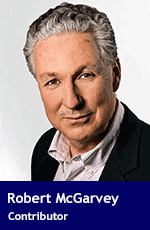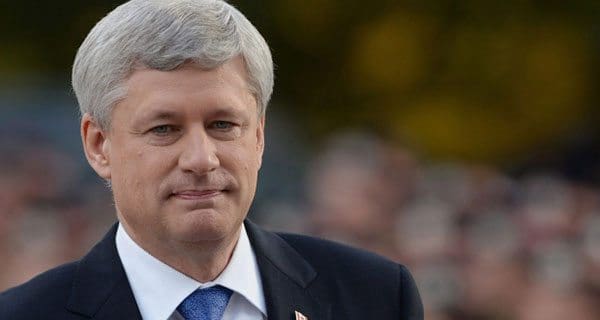 Let the games begin. Stephen Harper’s visit with Governor General David Johnston on Sunday dissolved the present Parliament, officially launching Canada’s 42nd federal election.
Let the games begin. Stephen Harper’s visit with Governor General David Johnston on Sunday dissolved the present Parliament, officially launching Canada’s 42nd federal election.
This will be no electoral sprint; at 11 weeks, this is a marathon with time for several momentum changes – so campaign pacing will be critically important.
The Conservative Party message is simple. “The world is a dangerous place.” Solid, dependable Stephen Harper and his government are best placed to protect Canadians from harm.
In his speech the prime minister defined the issues. “It’s an election about who will protect our economy in a period of ongoing global instability and secure Canada’s future prosperity and it’s about who is best equipped to make the tough calls to keep our country safe. ”
And what are the dangers facing our great nation?
Clearly there are real dangers to our economy. However, in Harper’s World, the threats are all ‘out there’: global oil prices are to blame, or the debt crisis in Greece is destabilizing markets. It’s not his government’s fault we’re in recession, China’s economy is slowing or the U.S. economy is growing more slowly than expected.
But we have more to fear than the economy. There are boogiemen behind every rock. Vladimir Putin is deliberately making war, destabilizing Ukraine; ISIS is attempting to establish a radical Islamic caliphate and is sponsoring a violent jihad, specifically targeting Canada.
The prime minister maintains this election is about leadership. “This is an election about leadership on the big issues that affect all Canadians: the economy and our country’s security,”
Throughout his speech, Harper returned to the theme that now is not the time for change. He painted alternatives to the status quo as dangerous, questionable policies that have “failed before and (are) failing in other countries.”
So, now we know. Harper is playing the fear card.
Fear works because it appeals to the (near) universal sense of vulnerability we all feel in times of stress, and it’s an attractive option for Harper in that it distracts the public from the domestic sources of our present predicament. The big question is, will it work?
While it is true that fear is a proven tactic, it’s also a double-edged sword.
Fear plays on the possibility of loss, its internal logic supporting a better the devil you know outcome. But the messaging of fear is negative and – by definition – discounts vision and the possibility of a better future.
Critically, the politics of fear depend upon the public believing that the status quo is a safe place to be. Regrettably for the Conservatives, it’s not.
It has not been lost on the public that until very recently the Harper Conservatives were boasting about their prudent management of the Canadian economy and their ability to balance the books. It’s a different story now.
The Harper Conservatives have bet the house on the oil sands and Canada as an energy super power. Oil prices are not expected to recover any time soon, the Canadian dollar is falling and the promised budgetary surpluses will likely vanish as the economic news gets progressively worse.
Canada’s Middle East war suffers from a similar false logic. Yes, we’ve joined the coalition fighting ISIS, but didn’t that same coalition create this violent mess in the first place? U.S. President George Bush’s disastrous invasion of Iraq in 2003 set in motion a series of events that have blown the region sky high. In other words, our present war effort may be doing more harm than good in a region with so many ancient (irrational) animosities.
But more importantly, the politics of fear are embarrassing – beneath the dignity of Canadians. Canadians are proud of their country. We’re the product of immigrant families who came to the New World to build a better life for themselves and their children. Progress is hardwired into our DNA. It needs only a credible articulation of that better future for Canadians to leap onto a positive political bandwagon.
This election – more than any previous one – will be a turning point. Will it be Harper’s old petro-state status quo? Or will some spark of poetic heroism emerge from Thomas Mulcair or Justin Trudeau to lift Canada and this campaign out of the mud?
Robert McGarvey is an economic historian and former managing director of Merlin Consulting, a London, U.K.-based consulting firm. Robert’s most recent book is Futuromics: A Guide to Thriving in Capitalism’s Third Wave.
Robert is a Troy Media contributor. Why aren’t you?
The views, opinions and positions expressed by columnists and contributors are the author’s alone. They do not inherently or expressly reflect the views, opinions and/or positions of our publication.


